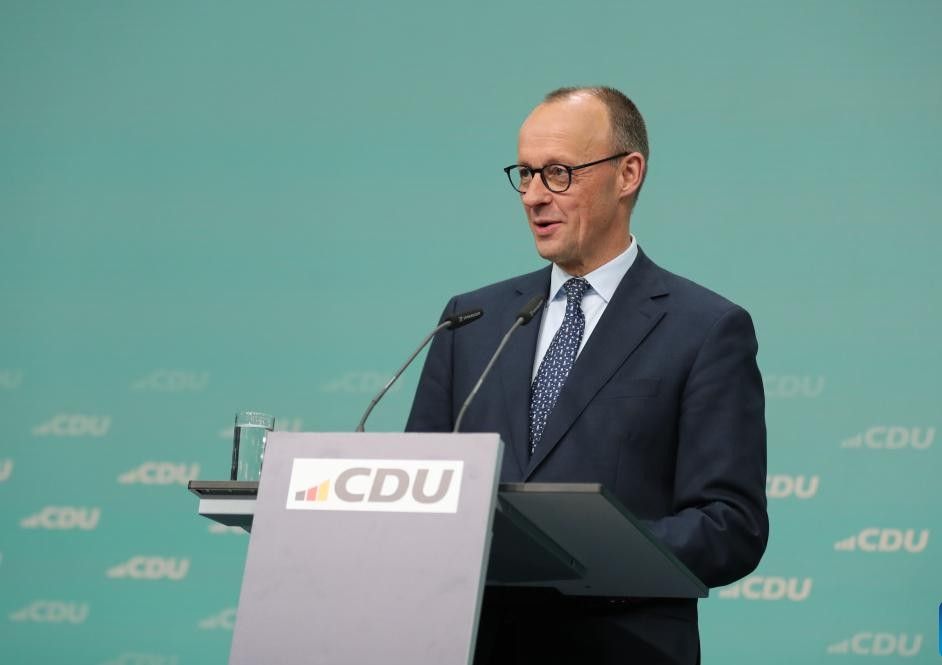We need to look at the issue of Russian state assets much more carefully than what we have done before, thorsten Frei said in an interview with Frankfurter Allgemeine Sonntagszeitung on May 31, stressing that Russia cannot take advantage of the situation, prolong the conflict or evade sanctions, without any significant consequences.
Mr. Frei's speech is a sign that Germany - under Prime Minister Friedrich Merz - may be gradually softening its previous view of directly seizing about 200 billion euros ($227 billion) of frozen Russian state assets in the European Union (EU) since Russia launched its military campaign in Ukraine in 2022.
The EU has now agreed to use the profits from the frozen assets to support Ukraine, but the seizure of the original assets remains controversial.
Countries such as France and Germany have strongly opposed the option, fearing that it could harm the euro and violate international legal standards on property ownership.
However, the trend is changing. Lithuania and several Eastern European countries have publicly called on Germany to "mingle" with proposals to seize Russian assets.

Mr. Frei admitted that this is a "contested and risky" issue. But he said that in the context of the ceasefire target not being achieved, the EU needs to take stronger action to create strategic leverage.
If we want to achieve a ceasefire by peaceful means, our options are very limited. Therefore, I support the use of the tools we have" - Mr. Frei said.
This statement marked a clear shift in the attitude of Germany, which was cautious about the steps that could affect the EU's legal and economic position.
According to financial experts, the seizure of state assets of a sovereign nation is an extremely rare step in international law and if passed, will create a historic precedent.
Critics warn that the move could make countries lose confidence in investing in European assets. The benefit-the- has problem is placing the EU in a dilemma.
However, supporters argue that Ukrainian reconstruction will need hundreds of billions of dollars and Russian assets as the most reasonable resource to force Moscow to pay the price.
The proposal to seize Russian assets has been raised by the US, but even Washington has not been able to do so thoroughly due to legal barriers. If the EU - especially with Germany leading - decides to open this dangerous door, the global financial system could enter a new era where national assets are no longer vulnerable in modern conflicts.










